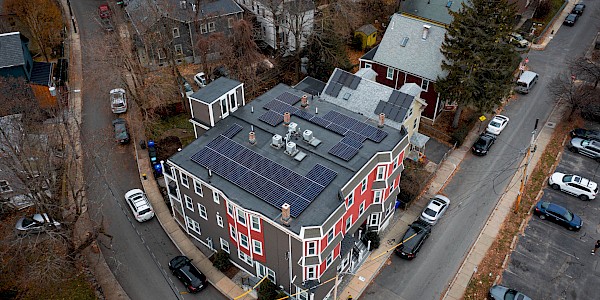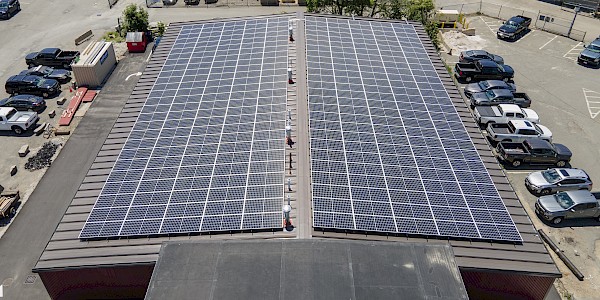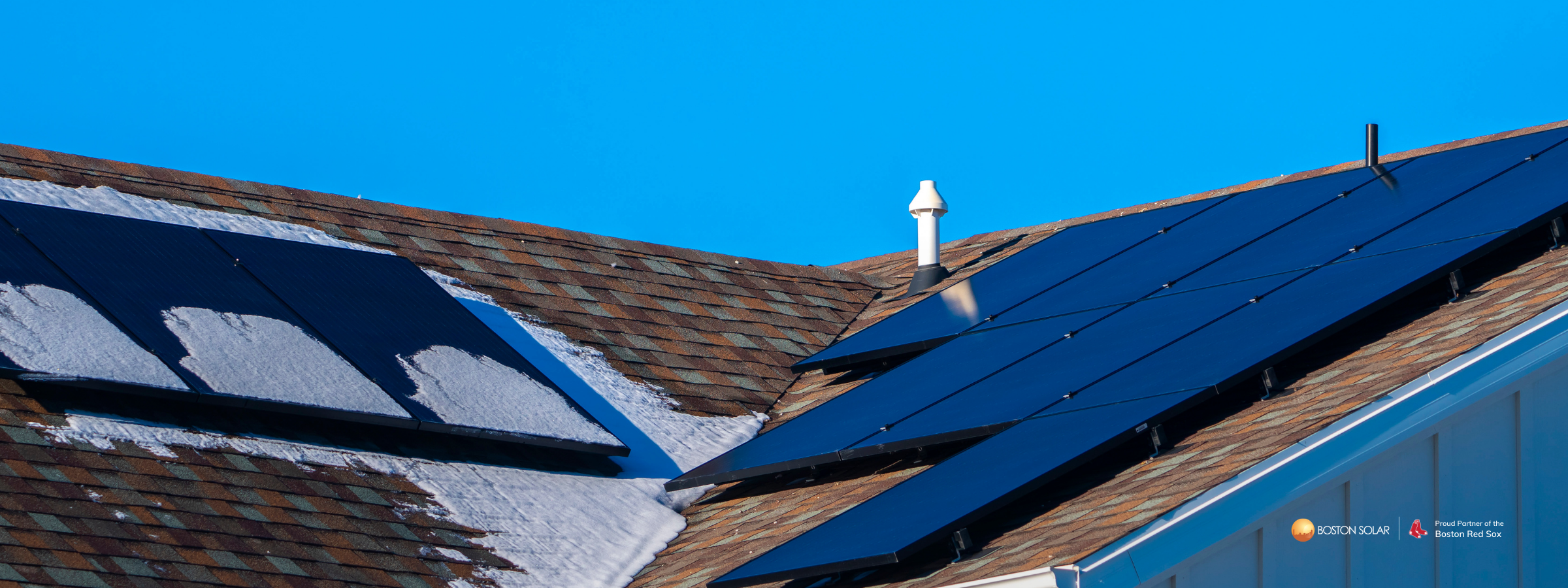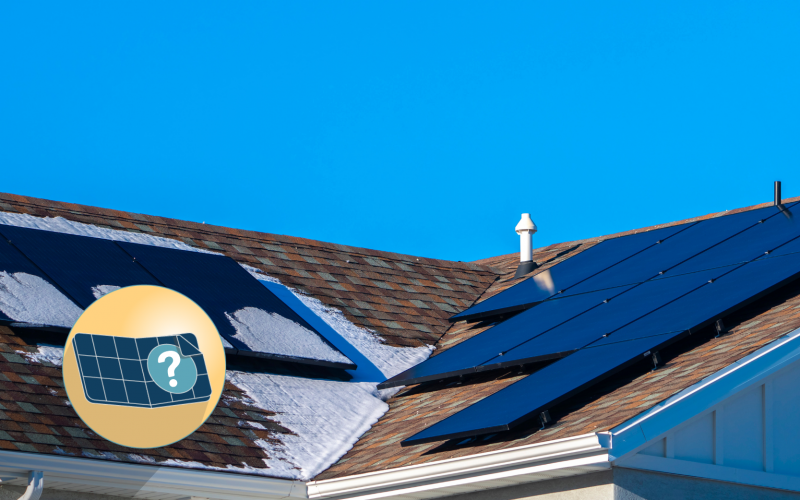Do Solar Panels Work in the Winter?
Dec. 07, 2023
Solar panels need sunlight to generate electricity, but that doesn’t mean they only work in the summer! Solar panels work anytime the sun is shining and will generate electricity no matter how cold it gets outside.
Keep reading to learn more about how home solar panels work in winter weather and how you can maximize your solar energy production year-round.
How Solar Panels Work in the Winter
Solar panels work by converting sunlight into electricity, which is made possible by a phenomenon called the photovoltaic (PV) effect. The photovoltaic effect will occur anytime there is sunlight available, which means your solar panels can work all year round no matter how cold it gets outside. In fact, solar panels work best in cold, sunny weather—extreme heat can reduce solar panel efficiency.
Maximizing Your Solar Savings in the Winter
Even though solar panels work during the winter, their output can be diminished.
Diminished solar output in winter isn’t due to the temperatures outside, but rather the lack of sunlight. In the winter, the days get shorter, which means your solar panels have a smaller amount of time to generate electricity than they do in the summer, resulting in less output. Heavy snow accumulation on your solar panels can also reduce output by blocking access to sunlight.
Luckily, there are solutions to both of these problems.
Use Your Net Metering Credits
Net metering is an agreement between you and your utility company that you’ll enter into when you install solar panels. It allows you to “sell” the excess electricity your solar panels generate to your utility company in exchange for a credit to your account. In the summer, when the days are long, your solar panels will generate a lot of electricity—probably more than you need. You can earn net metering credit by sending the excess to the electric grid. In the winter, when your output is diminished, you’ll have a bank of credit that you can use to buy supplemental electricity from the grid.
Net metering is just one of the many solar incentives available for home solar installation. Here’s a full list of residential solar incentives.
Install Solar Battery Storage
Solar batteries work by storing the excess electricity your solar panels generate during prime sunlight hours so you can use it whenever you need it. During the winter, you can charge your solar batteries in the middle of the day when the sun is at its highest point. You can then use your stored energy to power your home in the late afternoon or early evening when the sun has set for the day.
The main benefit of a solar battery in the winter, however, is backup power. If a nor'easter knocks out your power, you can use a solar battery to keep your solar panels on and your essentials running. During a long-term power outage, solar battery storage can be a lifesaver.
Let the Sun Do Its Job
When it snows, snow can accumulate on your solar panels and block the sunlight. Typically, the sun will melt the snow off your solar panels quickly enough to prevent any serious reduction in output. If the snow is melting too slowly, however, you can gently brush it off your solar panels. If you take this approach, be extremely careful as climbing on your roof can be dangerous, especially in bad weather.
Can You Install Solar Panels in the Winter?
Yes, you can install solar panels during the winter! The solar installation process can take a few months to complete, and very little of that time is spent up on your roof physically installing the panels. Most of the time is spent evaluating your home and needs, designing your solar array, ordering parts, and pulling permits. None of this work is weather-dependent and it can be done at any time of year. The physical installation can be done in winter, too. Our technicians can install solar panels at any time of the year, as long as it’s not actively raining, snowing, or hailing and conditions are deemed safe.
Winter is one of the best times to install solar panels. By installing in the winter, you guarantee that your solar panels will be up and running come summer, which is when they will generate the most electricity. Plus, summer is the busy season for solar panel installation. By installing your solar panels during the winter, you can typically beat the rush and get your installation started right away.
Start Your Solar Installation Today with Boston Solar
The New England climate can be harsh, but it’s perfect for solar panels. Boston Solar is a local solar company that has over 11 years of experience installing solar panels in Massachusetts, New Hampshire, and throughout New England, and we’ve completed over 5,000 solar installations. We know how to make solar work for the New England climate and can help you maximize your solar output with a custom-designed system.
Get a free quote for your solar panel installation! Call 617-858-1645 or contact us to get started.




